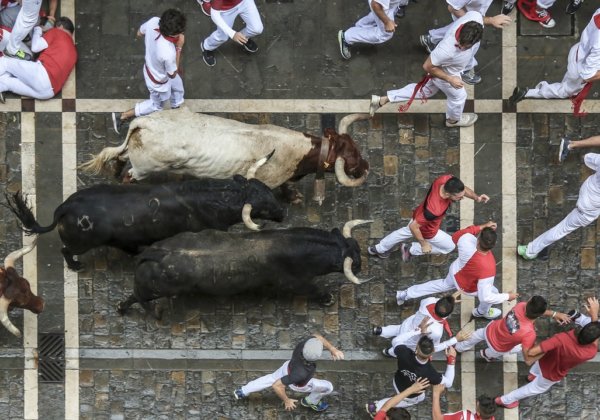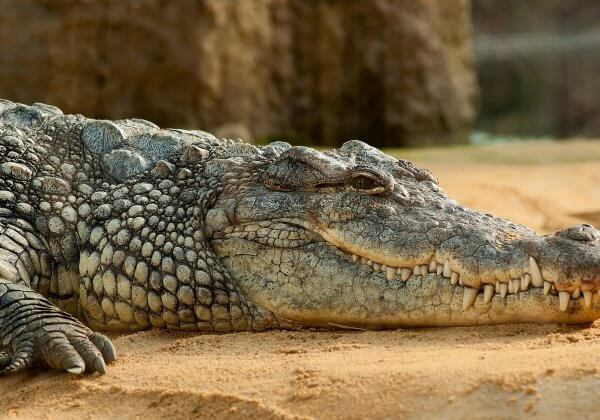Victory! Two Huge Aussie Fashion Brands Ban Cashmere
After a PETA exposé revealed extreme cruelty and the violent killing of goats for cashmere, two major Australian brands have vowed never to use the material again.
Australian Fashion Labels (AFL) – whose portfolio includes the labels Finders Keepers, C/MEO Collective, Keepsake, The Fifth Label, and Jaggar the Label – and designer label OneTeaspoon have both ditched the material after PETA provided them with video footage from China and Mongolia, which produce 90% of the world’s cashmere.
The footage shows goats screaming in pain and fear as workers hold them down and step on them, bending their legs into unnatural positions as they tore out hair using sharp metal combs. Watch the video below with the sound to hear how much pain these goats were in.
Cruel and an Environmental Catastrophe
Cashmere also has the most destructive environmental impact of any animal-derived fibre. Because cashmere goats must consume 10% of their bodyweight in food each day and they eat the roots of grasses, which prevents regrowth, the industry is a significant contributor to soil degradation followed by desertification.
One goat produces, on average, only 250 grams of hair that can be used for cashmere each year. This is so little that in order to produce just one cashmere jacket, the hair of six goats is required.
The Future of Fashion Is Vegan

As we find out more about the archaic industries that profit off the backs of animals and ruin our planet, designers, retailers, and consumers are all moving away from fibres such as cashmere and towards sustainable, cruelty-free vegan fabrics. Fashion innovators like CROP, which makes luxurious bamboo knits, and Marks & Spencer, producer of the Cashmilon range, are offering super-soft, warm knitwear that’s kind to animals and the environment.
By adopting policies that ban cashmere from future collections, AFL and OneTeaspoon have made not only a compassionate decision but also a savvy business move.
H&M – the second-largest clothing retailer in the world – has also agreed to ban “conventional” cashmere (the only kind that it sells). In addition, last year, ASOS – which sells more than 850 labels as well as its own brand of clothing and accessories – became the first international fashion brand to announce a ban on the sale of cashmere, which is in force across its influential platform, leaving goats’ hair where it belongs: on the animals.
Please help us urge women’s apparel brand Madewell to ban it, too:







